The Dirt
Page 1
Read our seasonal newsletters, The Dirt.
Click to receive the newsletters via email at the start of each month.
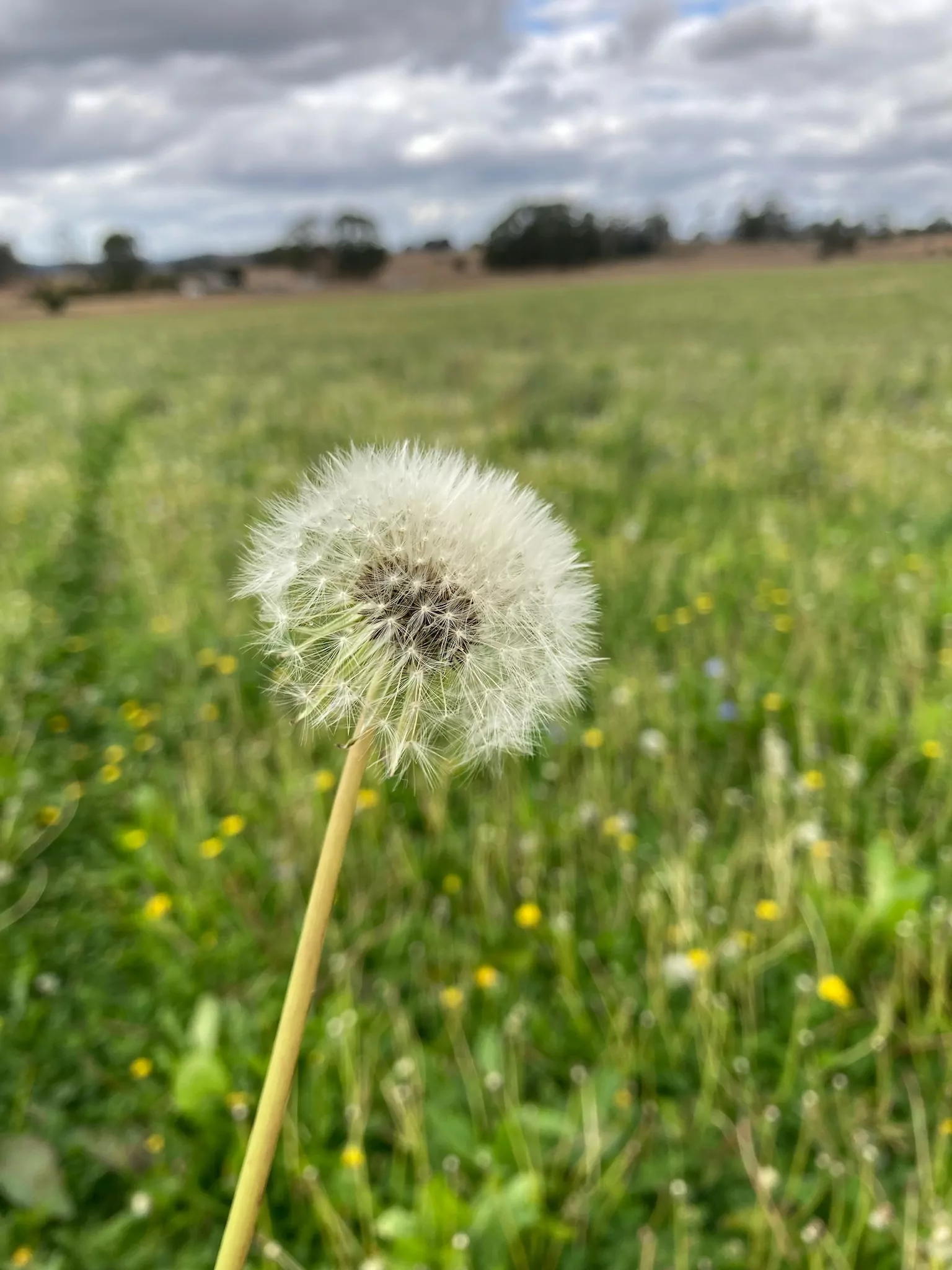
The Dirt – APRIL 2024
The impact of small-scale farming, Cross Pollinate planning, SPP 2024, plus much more.
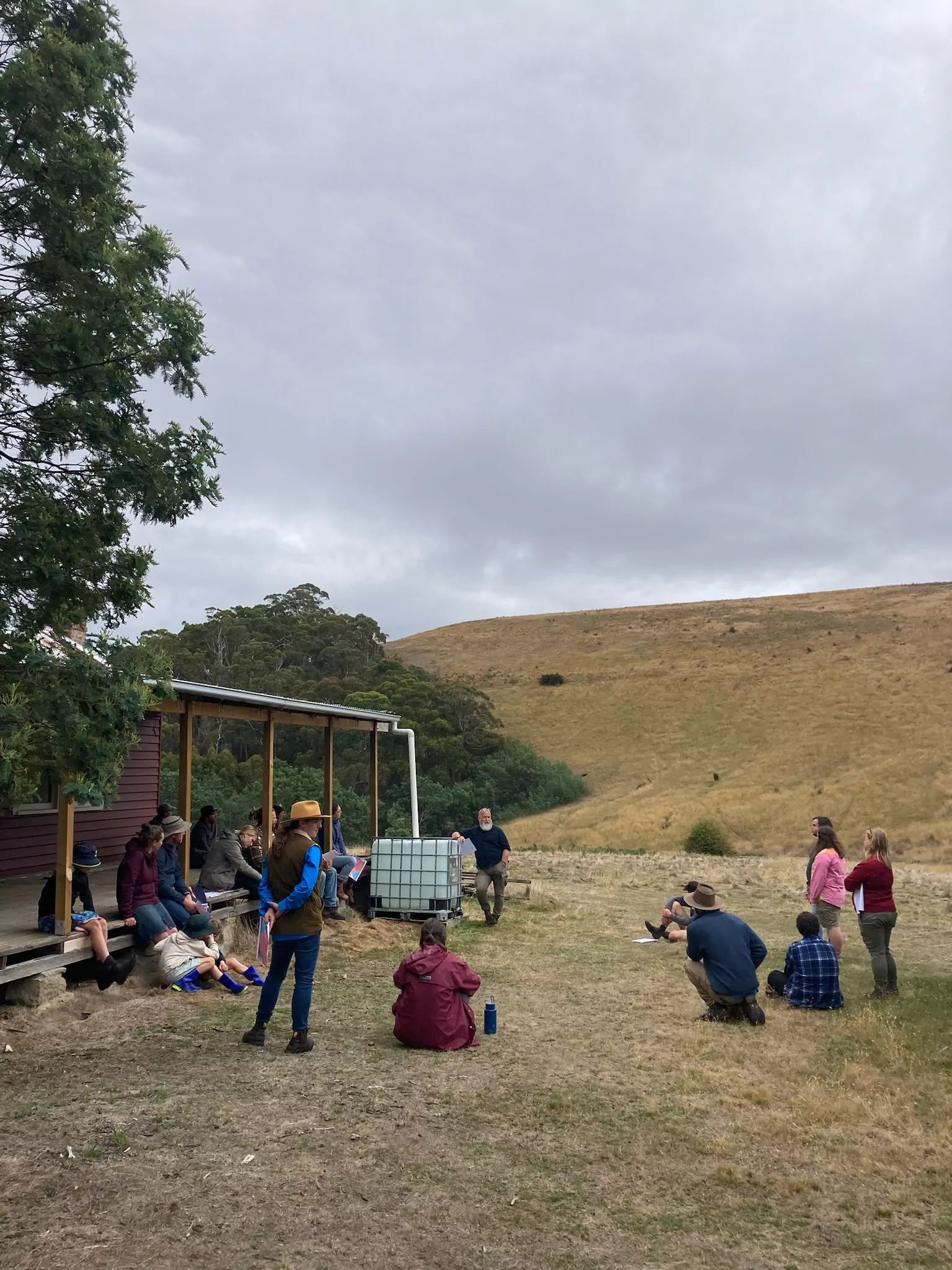
The Dirt – March 2024
There is nothing like an election to get everyone in the community synthesising their thoughts and working out what really matters to them.
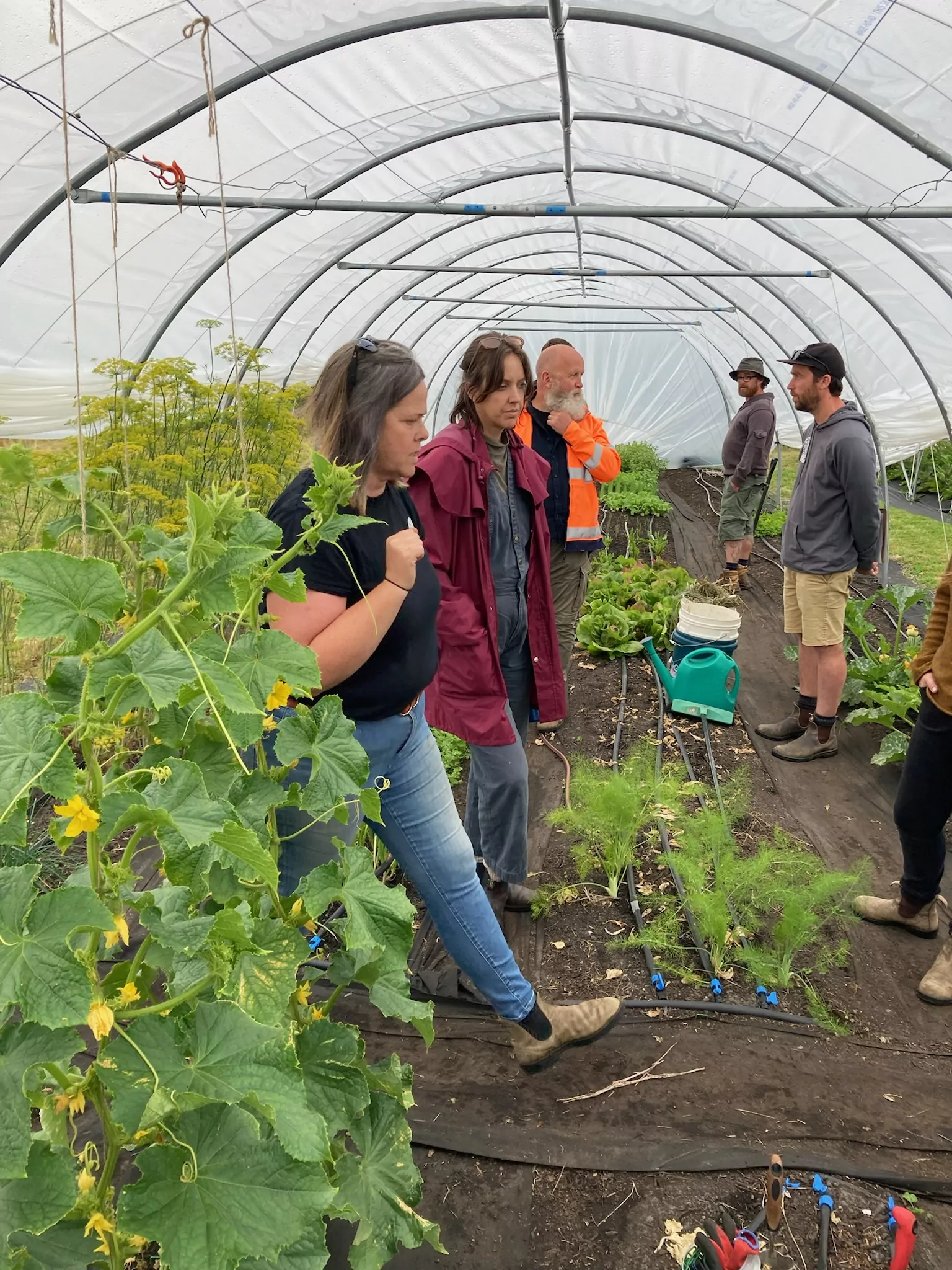
The Dirt – February 2024
SPP 2024 kicks off, plus a stack of Community news!
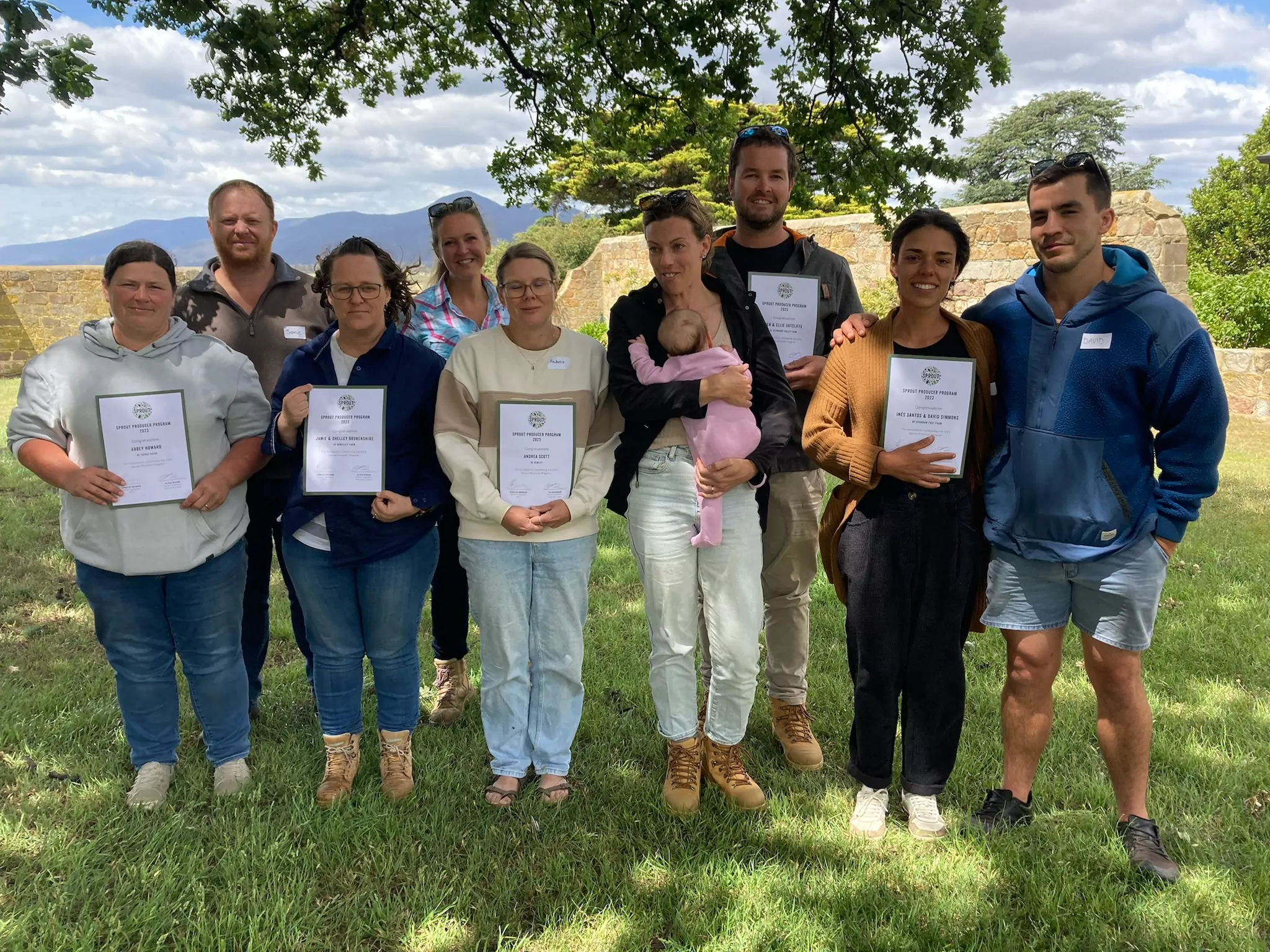
The Dirt – JANUARY 2024
With the new year comes a refreshed look for our newsletter. The format however remains the same, with specific updates of Sprout’s work from Inside Our Paddock followed by news from Your Community including details of workshops and events from organisations and farms aligned with our values.

CEO News – 2023 wrap up
Jen’s wrap up of 2023

The Dirt – December 2023
Growing Good, the 2023 SPOTY winner, SIPP success… plus much more!

The Dirt in Spring 2023
Find out all about Sprout Utopia, our long-term dream for Sprout. Plus all the news on how Cross Pollinate went down, amazing TWiA workshops, and lots more.
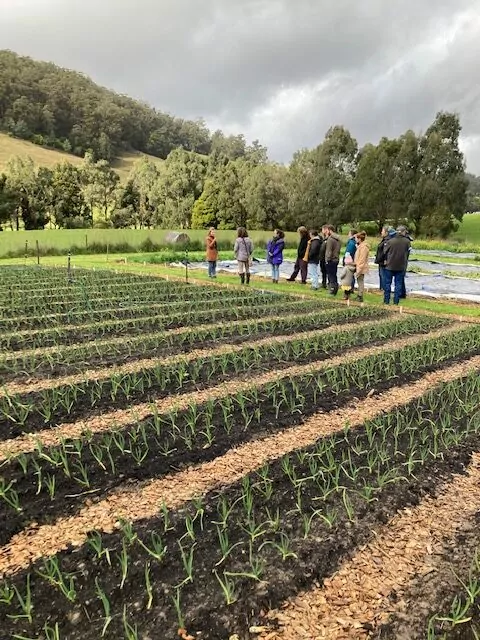
The Dirt in Winter 2023
Cross Pollinate 2023 Special!
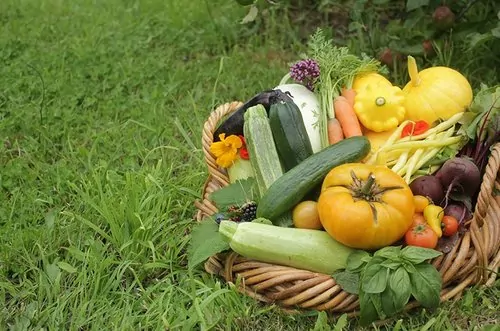
The Dirt in Autumn 2023
Grant success, and all the other goings on at Sprout HQ as we head into cooler months.
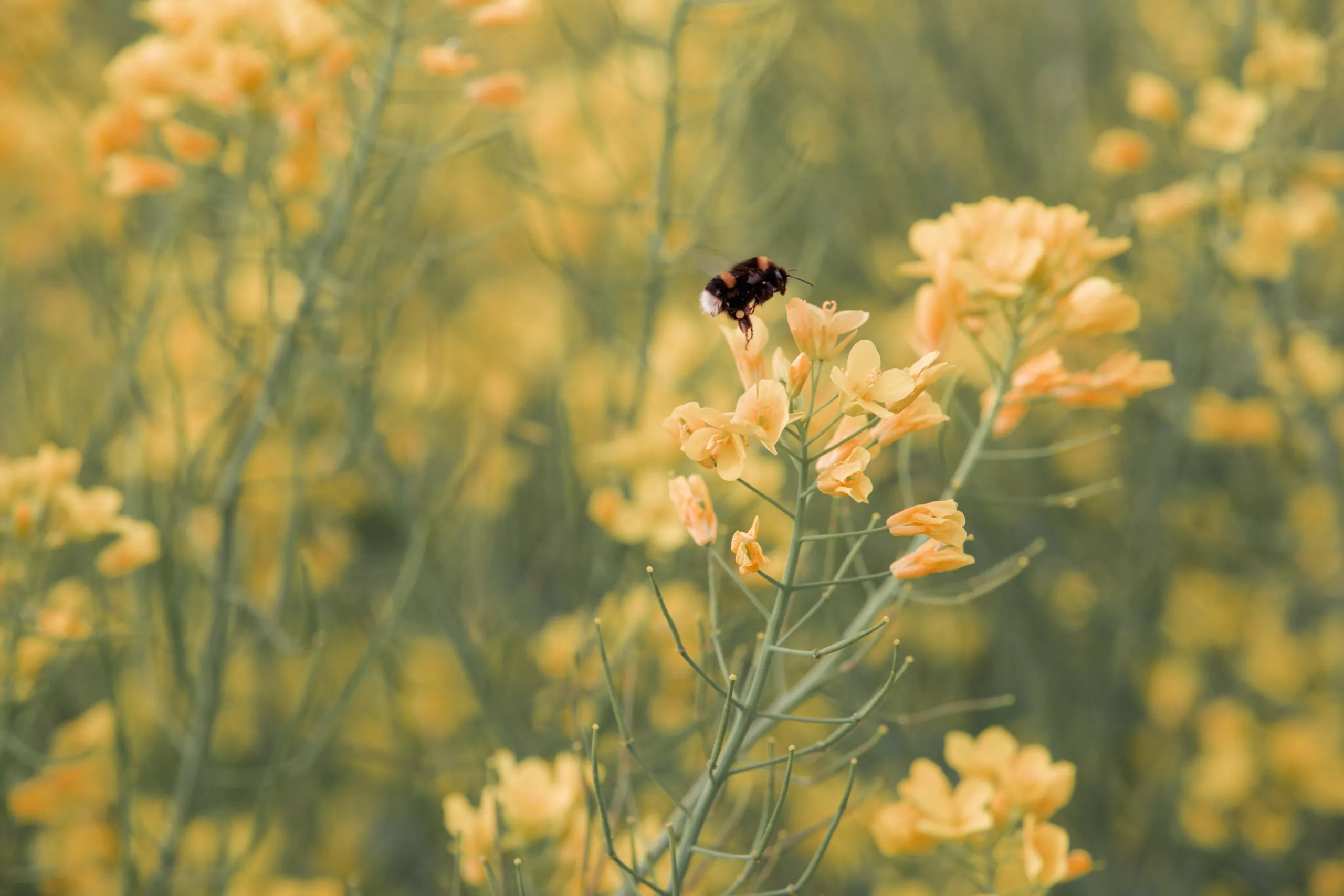
The Dirt in SUMMER 2022
As summer approaches we have lots to share, including updates on our Growing Good 2022 fundraising dinner.
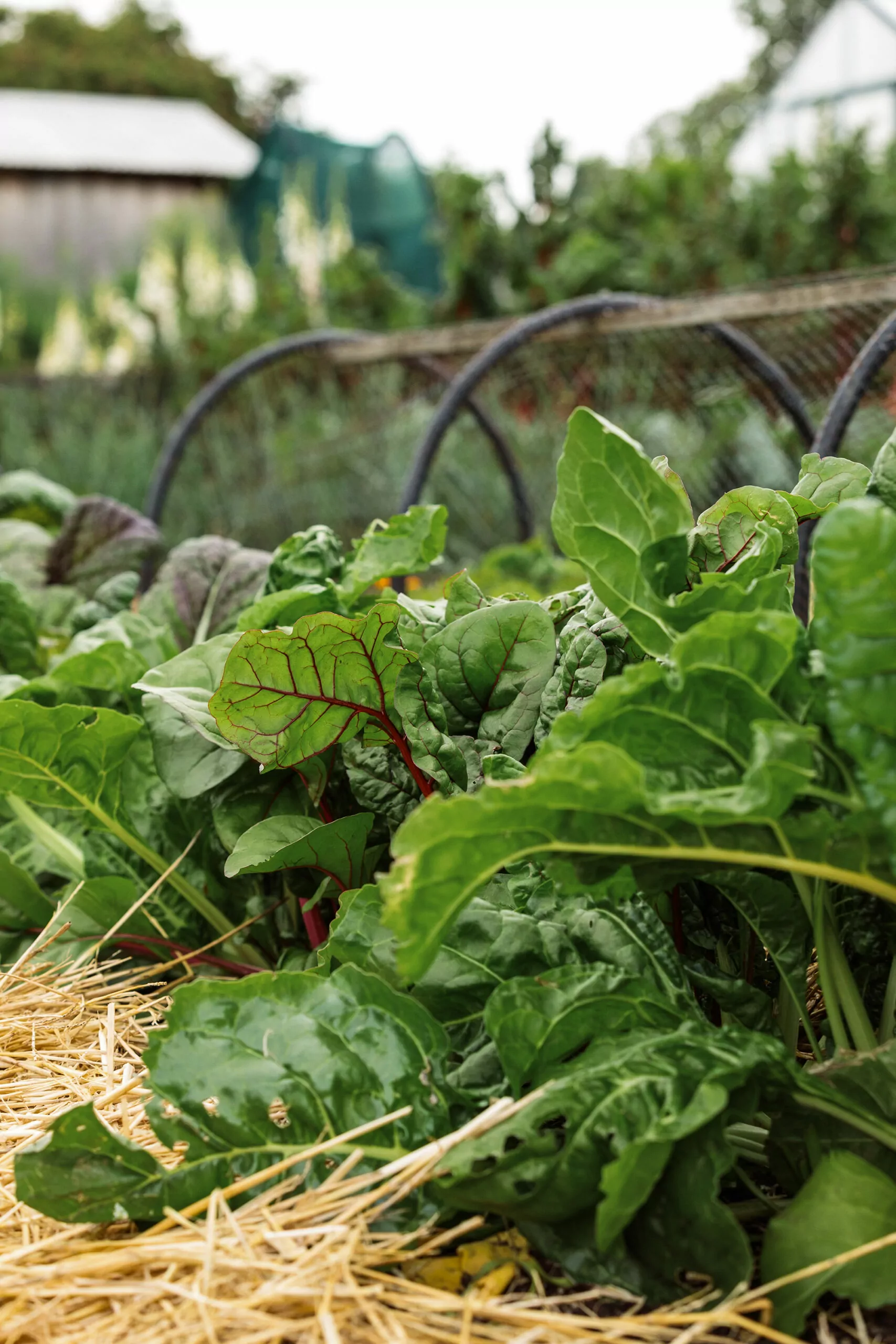
The Dirt in spring 2022
Welcome to the Spring edition of our seasonal newsletter, The Dirt, where we dish the dirt on the latest comings and goings of Sprout Tasmania.
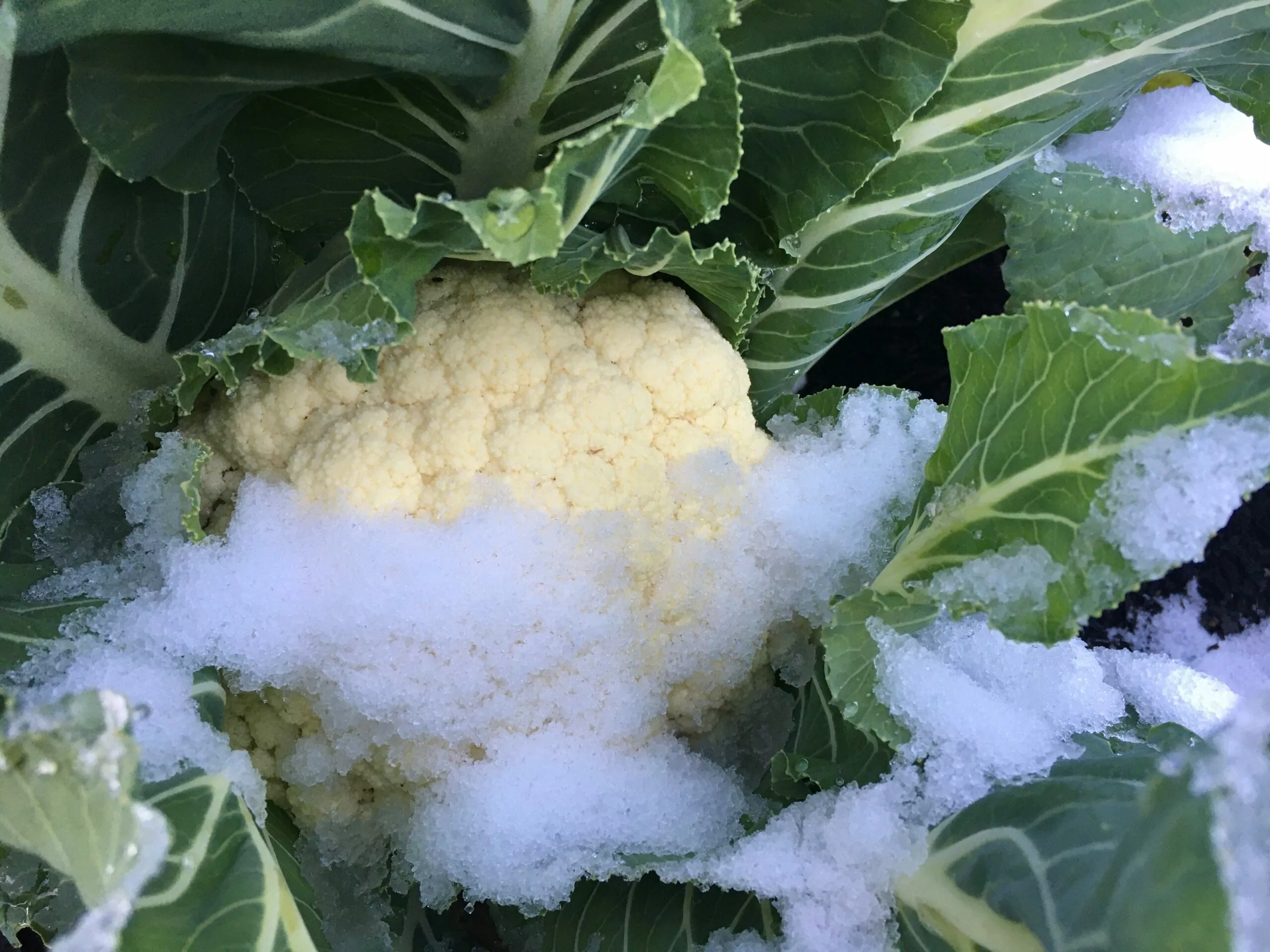
The Dirt in winter 2022
The latest news as winter hits the south, with positions vacant on the Sprout Board, additional member benefits and a new website!